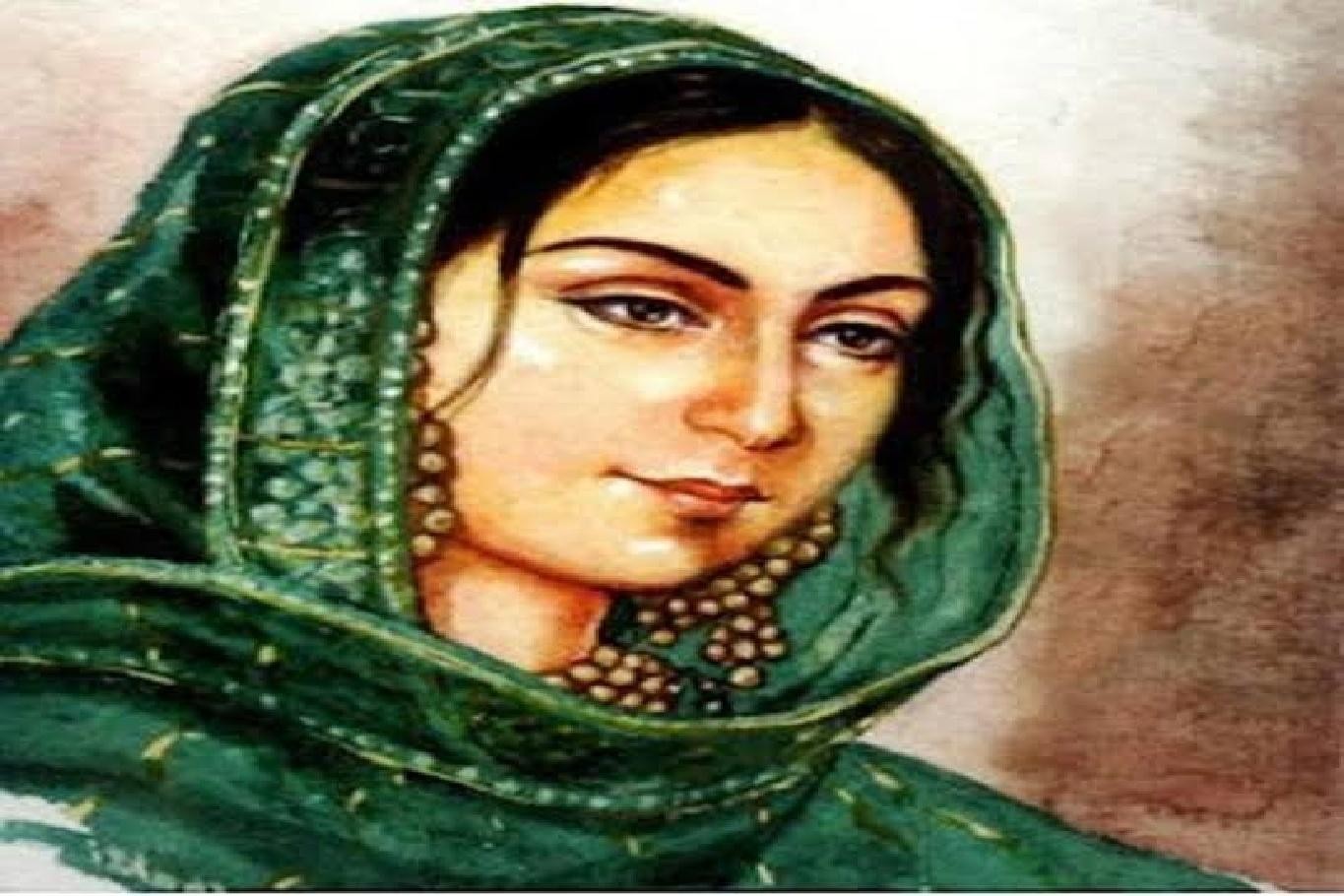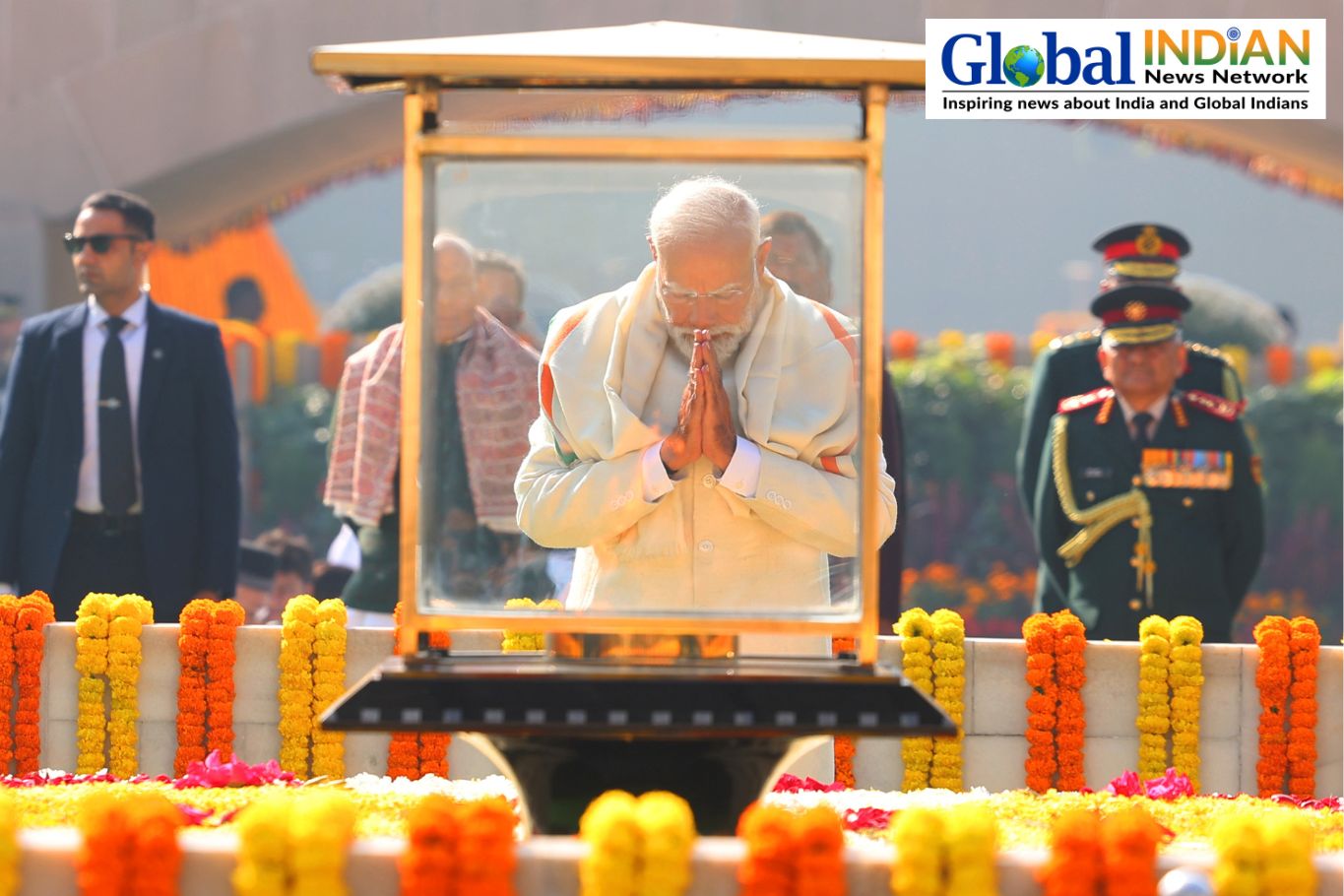
Begum Hazrat Mahal, famously known as the Begum of Awadh, was among India’s earliest female freedom fighters, leading the first Indian freedom movement in 1857 against the British East India Company. Despite hardships, she remained defiant against the British, even in exile.
Born in the 1820s as Muhammadi Khanam to a poor Syed family in Faizabad, she rose from humble beginnings, eventually becoming a significant figure in Awadh’s history. Initially sold as a child and later becoming a concubine of the king of Awadh, she earned the title Hazrat Mahal after the birth of her son, Birjis Qadr.
When the East India Company took control of Awadh in 1856, she refused to yield, appointing her son as ruler and herself as regent. She played a pivotal role in the armed struggle against the British during the 1857 uprising, rallying support and leading her troops to victory in Lucknow.
Despite her efforts, British forces regained control in 1858, leading to her retreat and subsequent exile to Nepal. Despite British offers of pension and amnesty, she remained steadfast in her resistance until her death in 1879, leaving behind a legacy of courage and defiance.
Her contributions were recognized posthumously, with memorials and scholarships established in her honor, symbolizing her enduring influence as a champion of justice and equality in India’s struggle for independence.











